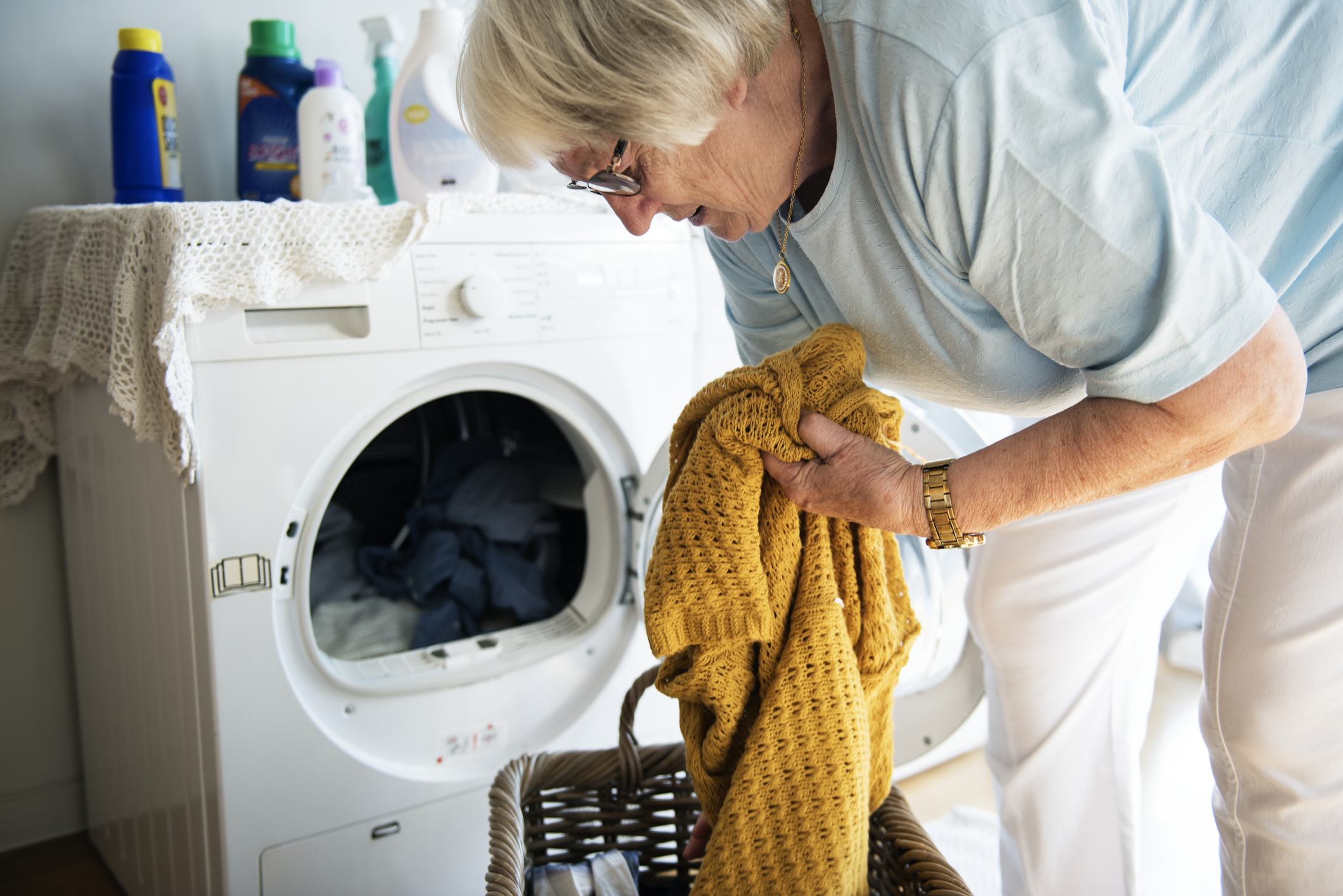If sitting is the new smoking, then it stands to reason that movement is an
According to a recent National Public Radio report, a study out of Rush University Medical Center in Chicago discovered that more daily movement was liked with better thinking and memory skills in study participants. A group of 454 adults over the age of 70 were followed over a period of 20 years. Data collected from activity monitors worn by participants along with annual cognitive tests demonstrated that even light activity can help protect the
The study found that even seniors who had signs of degenerative changes in the brain associated with Alzheimer’s disease but who remained physically active
In past research out of the University of Pittsburg, walking three days a week for 45 minutes was found to increase brain volume among adults over the age of 65. In late adulthood, the hippocampus shrinks, leading to an increased risk for dementia and memory problems, but regular aerobic exercise can help increase brain volume and improve memory function. In both studies, movement helped protect the aging brain against cognitive decline.
Even if you aren’t able to walk briskly for the recommended 30 to 40 minutes each day, adding more activity gradually into your daily routine can offer significant benefits for your heart and your brain. Try parking farther away from the entrance to stores, take the stairs whenever possible or enlist a friend to join you for a walk around the






Add Your Voice
0 Comments
Join the Discussion